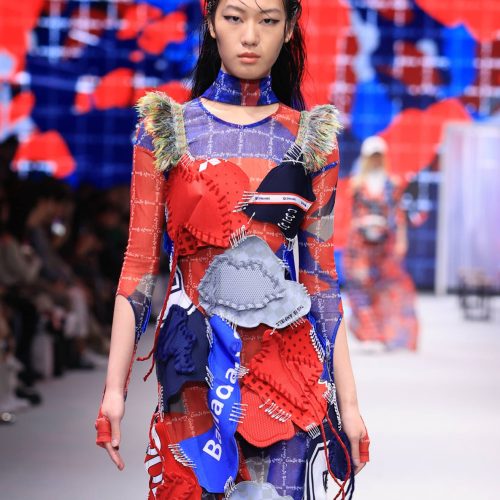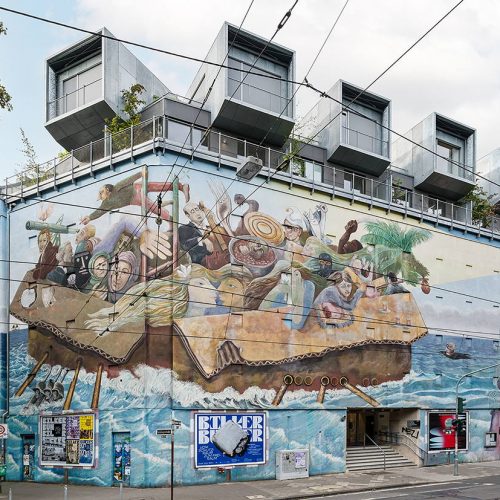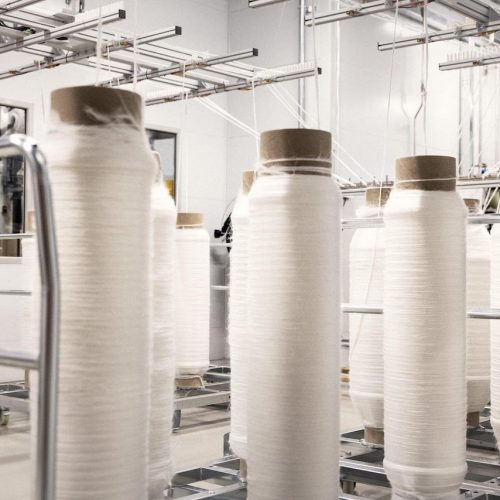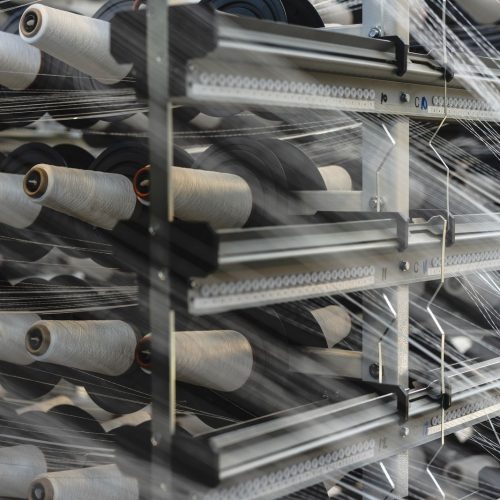Seeking the Natural Beauty | Interview with Jeanette Thottrup
From the use of chemicals during the production phase to packaging and transportation, sustainable cosmetic products are hard to differentiate. Founder of Seed To Skin, Jeanette Thottrup, shares her vision of seeking sustainable beauty.
To receive the Luxiders Newsletter, sign up here.
Beauty is and has always been crucially important in our lives. Though quite a changeable perception of it, what today stands for beauty is the most comprehensive one: Feeling beautiful. There, cosmetic products welcome consumers to support them when seeking beauty. However, it is witnessed that a high variety of brands are not enough to keep nature beautiful. There, we investigate on finding the balance, maintaining the beauty of both the consumers and nature. Concerning factors like heavy chemical use during production, labels on cruelty-free and vegan productions incorrectly being associated with ‘sustainability’, the durability of natural preservatives, overharvesting, and water pollution lead us to question will a sustainable way of seeking beauty ever be possible. Of course, it will be. We asked one of the sustainable beauty brands, Seed To Skin, how they envision reaching the reliable way. Jeanette Thottrup, founder of Seed To Skin, has answered our questions and shared her expertise in producing natural, honest, and sustainable cosmetics. Here is an inspirational conversation we have conducted with her.
L: The industry relies heavily on various ingredients, some of which may be obtained from unsustainable sources. For instance, certain plant extracts and oils may be obtained through deforestation or over-harvesting, which can harm ecosystems and biodiversity. Promoting responsible ingredient sourcing, such as using sustainably grown or ethically sourced materials, is crucial for long-term sustainability. Do you think this is being done sufficiently in the industry? What is the most sustainable solution for you?
JT: No, I think there’s a lot more that can be done. The most sustainable solution is to find alternative ingredients and [find them] as locally as possible. For example, palm oil in many smaller companies is now replaced with a mix of other oils.
L: Many cosmetics and skin care products contain chemicals that can be harmful to human health or the environment. This includes ingredients like parabens, phthalates, and certain fragrances. Do you think there is a possibility to create products that have longer shelf lives without using paraben and silicone? If yes, how?
JT: Today it is easy to be paraben free, all organic companies use Sodium Benzoate and Potassium Sorbate but there are lots of other things that can be added to the formula like vitamin E or certain essential oils. Silicone is used to create a better texture and is not needed for shelf life. The paradox is that natural products should be used up faster not due to bacteria but due to the potency of the natural ingredients.
L: Historically, the cosmetics industry has relied on animal testing to ensure product safety, which raises ethical concerns and animal welfare issues. Do you think the cosmetics industry is using word tricks in this sense, confusing cruelty-free with vegan, a word that is also wrongly associated with sustainability? What do you think about alternative testing methods, such as in vitro testing and computer modeling, can they help reduce reliance on animal testing and promote more sustainable practices?
JT: Animal testing is actually becoming prohibited, so I think the industry is finally changing. Many natural companies did not want to sell to China as they required animal testing, but they have just dropped that too. But yes, the industry is full of word tricks now I feel more than ever as they cannot deliver the demand hence why transparency and education are so vital. Being a vegan brand just means no ingredients derived from animals are in the products, it doesn’t mean it is sustainable nor clean, or natural. I think words like vegan, sustainable, and clean are being used on even the most hardcore toxic non-natural products. The bigger problem is that companies can call their products natural even if they are not, there is no law for that. We test only on human beings and that is always the best option anyway. I think for allergic patch tests it is difficult to use computers. The best practice is always real human skin.
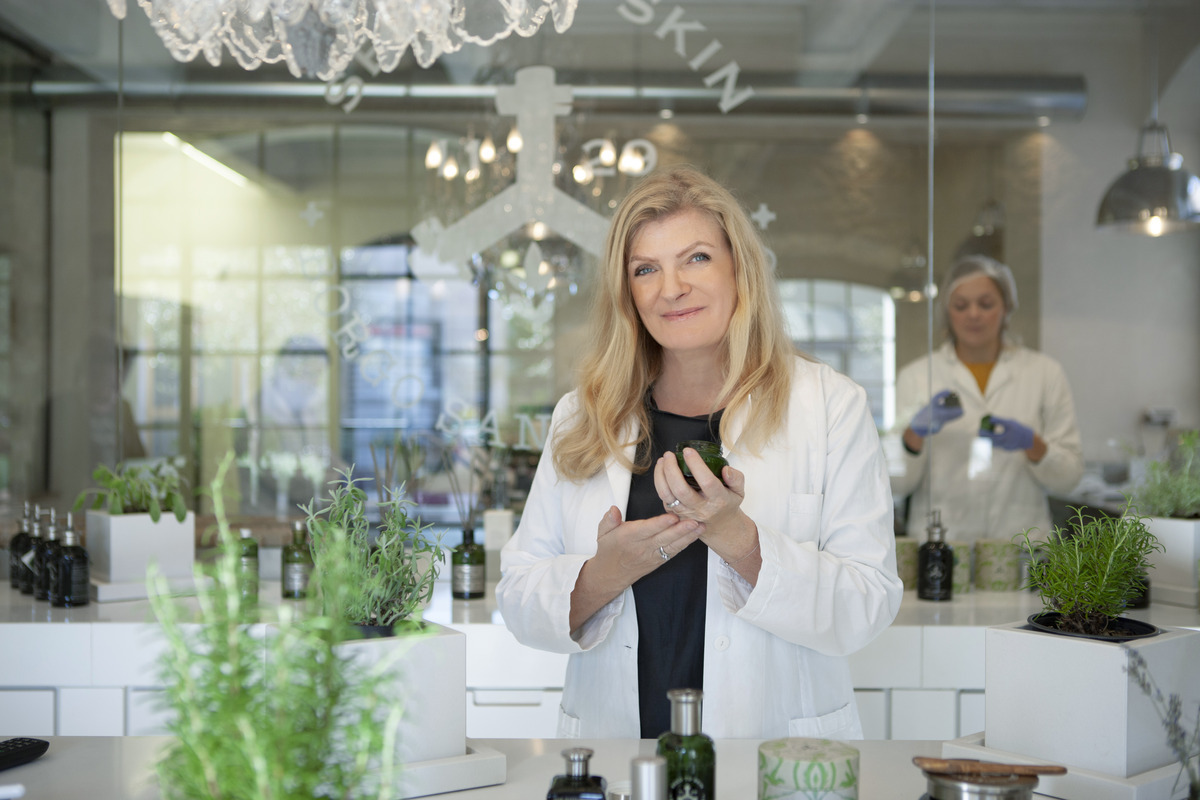
Jeanette Thottrup, founder of Seed To Skin
L: Cosmetic products often contain non-biodegradable components, such as plastic containers or microbeads, which can be challenging to recycle or dispose of properly. Do you think bio-sourced plastic packaging or refillable packaging will take us to more sustainable beauty care?
JT: First of all, microplastic beads are absolutely avoidable and should be banned from the industry. I think refilling is a great idea, but it is important to look at all the aspects. I don’t believe in bioplastic - plastic is plastic and cannot be greenwashed but sometimes it might be better to use a little recyclable plastic to create refills in order to use the same bottles.
L: What do you think about glass as packaging? Are there any innovative recycling technologies you are implementing?
JT: We don’t use plastic microbeads (this should really be banned) - instead we use Crystal beads which are so much nicer but obviously more expensive.
I love glass bottles and they are actually also much better for the products than plastic. The dark glass keeps the products fresh for longer. We are constantly researching new methods. I feel many are unfortunately just another marketing washover. We just introduced biodegradable ‘plastic’ to all our spa partners last year for their mud wrap and detox treatment. It’s something we work on all the time.
L: The energy-intensive nature of manufacturing processes, transportation, and packaging in the cosmetics industry contributes to greenhouse gas emissions and climate change. Do you think cosmetics brands are transparent here? Should they inform the customers about how they save energy?
JT: Yes, we use glass because it is the best material for the products, it stores products very well and keeps oils for longer. It is obviously also a good sustainable solution. Also, aluminum packaging is now considered the best recycling material in the world but no matter what we choose we will make an impact on nature - unfortunately.
L: The production of cosmetics and skincare products requires significant amounts of water, both for ingredient cultivation and manufacturing processes. Implementing water-efficient practices and exploring alternative manufacturing methods can help reduce water consumption. What are the challenges here and what is your proposal?
JT: There are a lot of ways: for example, we try to use the hydrolat (the active herb water) that comes as a byproduct when we distill. There are also a lot of dry Mediterranean crops that use very little water but are super active like helichrysum. Our motto is to make our products 100% active and effective so the consumer needs very little product.
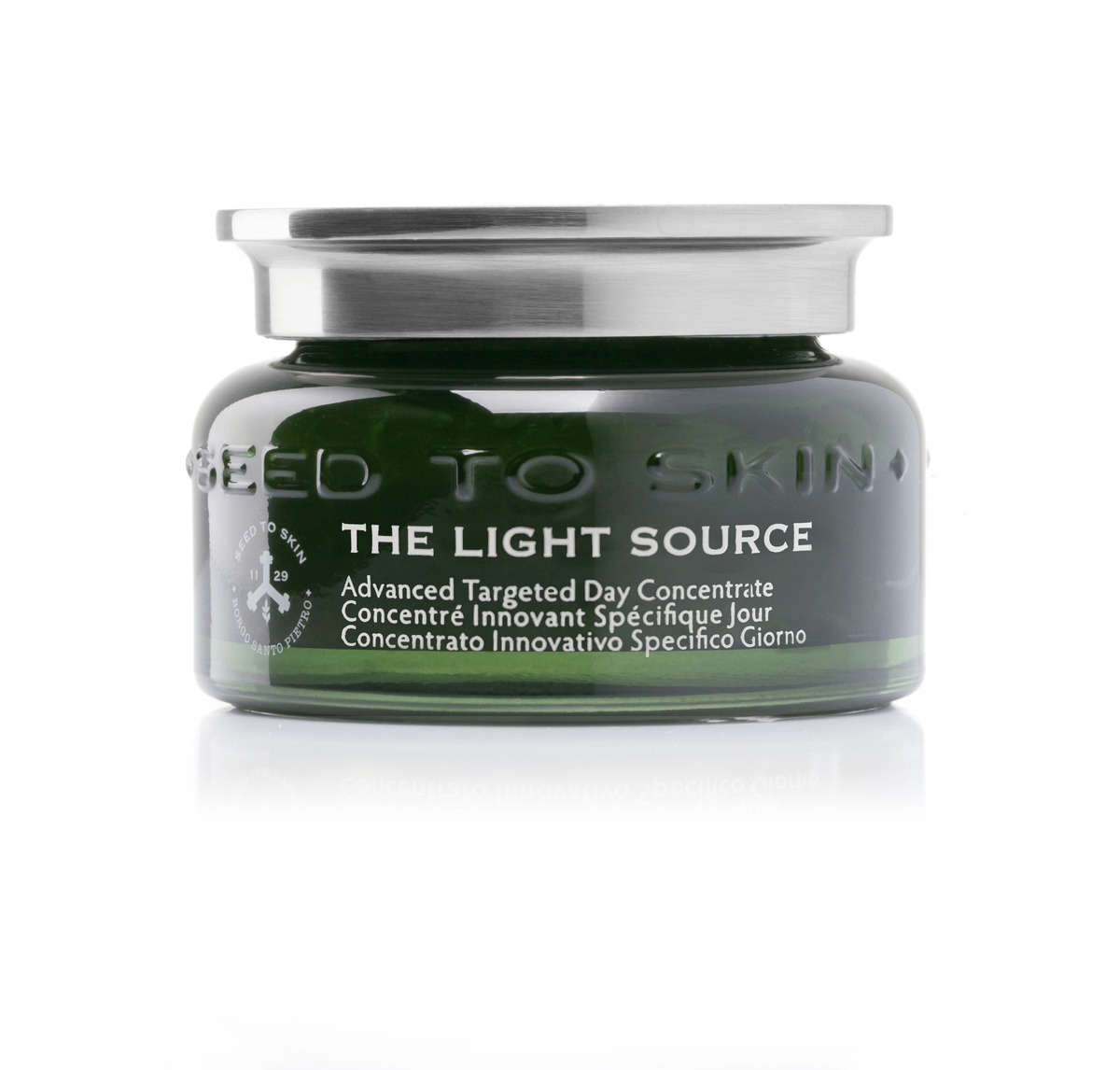
The Light Source by Seed To Skin
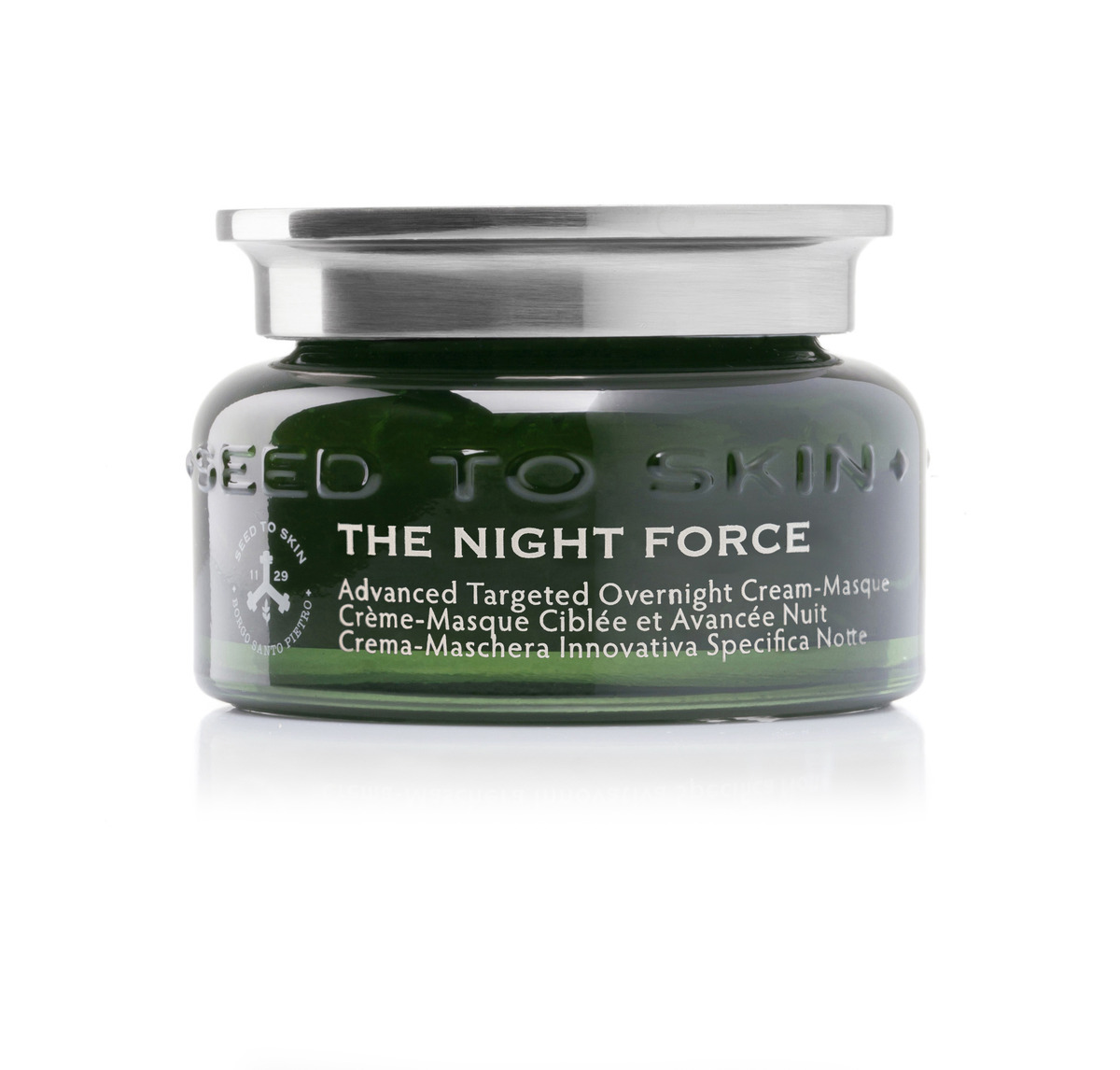
The Night Force by Seed To Skin
L: Can you tell us about the most sustainable product of Seed To Skin?
JT: We are launching two new creams called The Day Source and The Night Force. Most of the ingredients have been sourced in Europe and a lot of the process and biotechnology is more consciously obtained. The clinical efficacy results we have obtained are extremely good so another example of effective skincare where a little goes a long way. This is better for the skin and the environment.
Interview:
Tolga Rahmalaroglu
Luxiders Magazine Contributor

